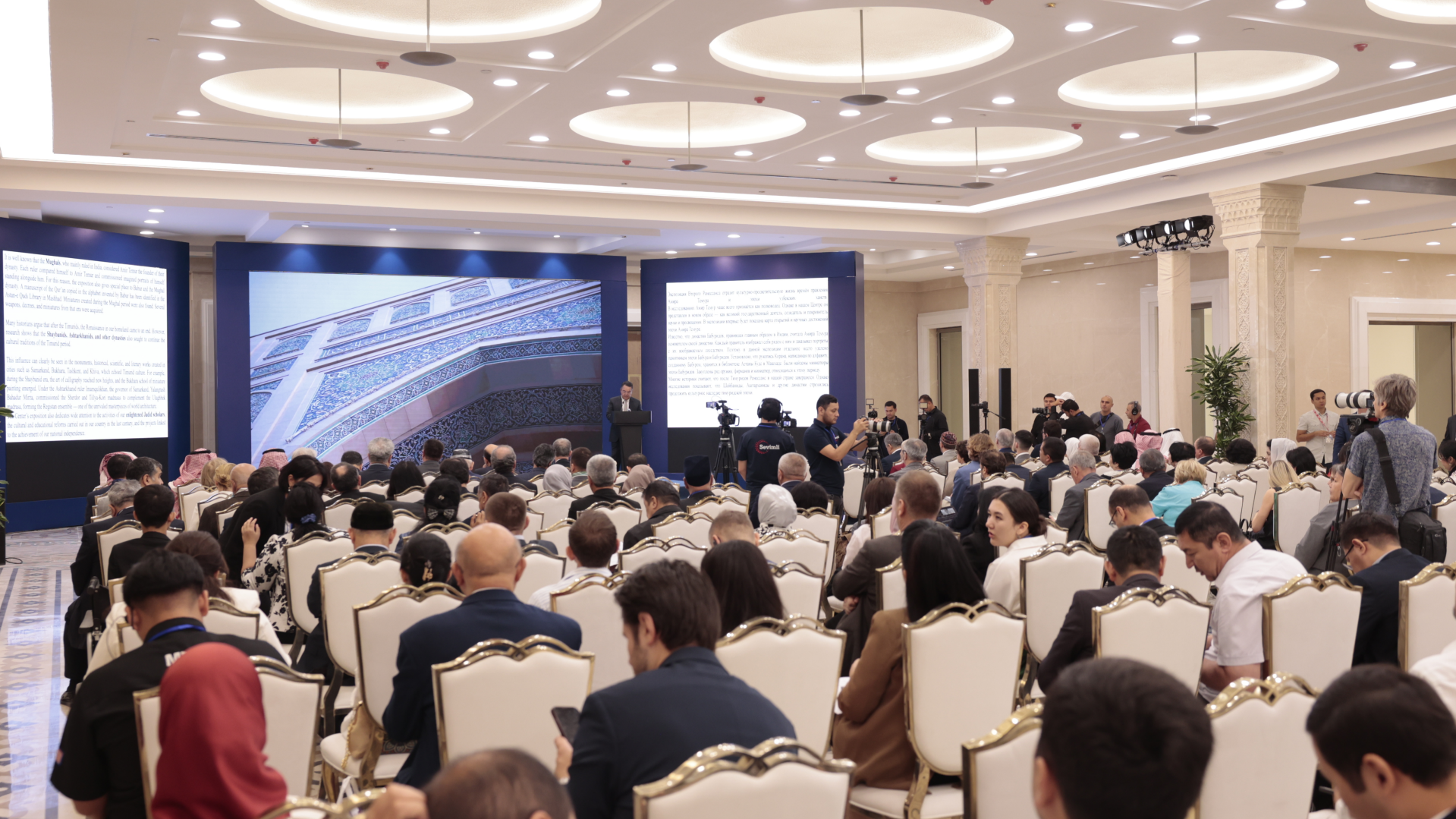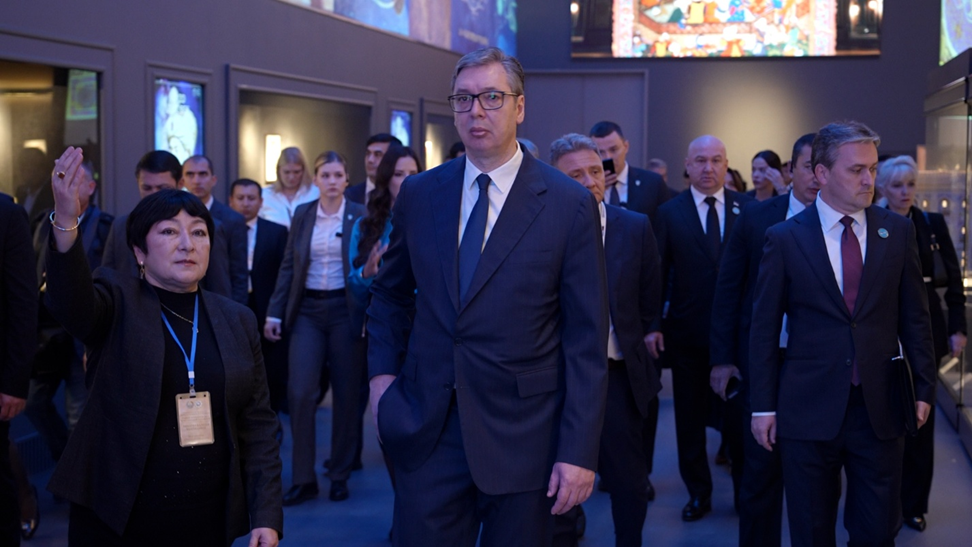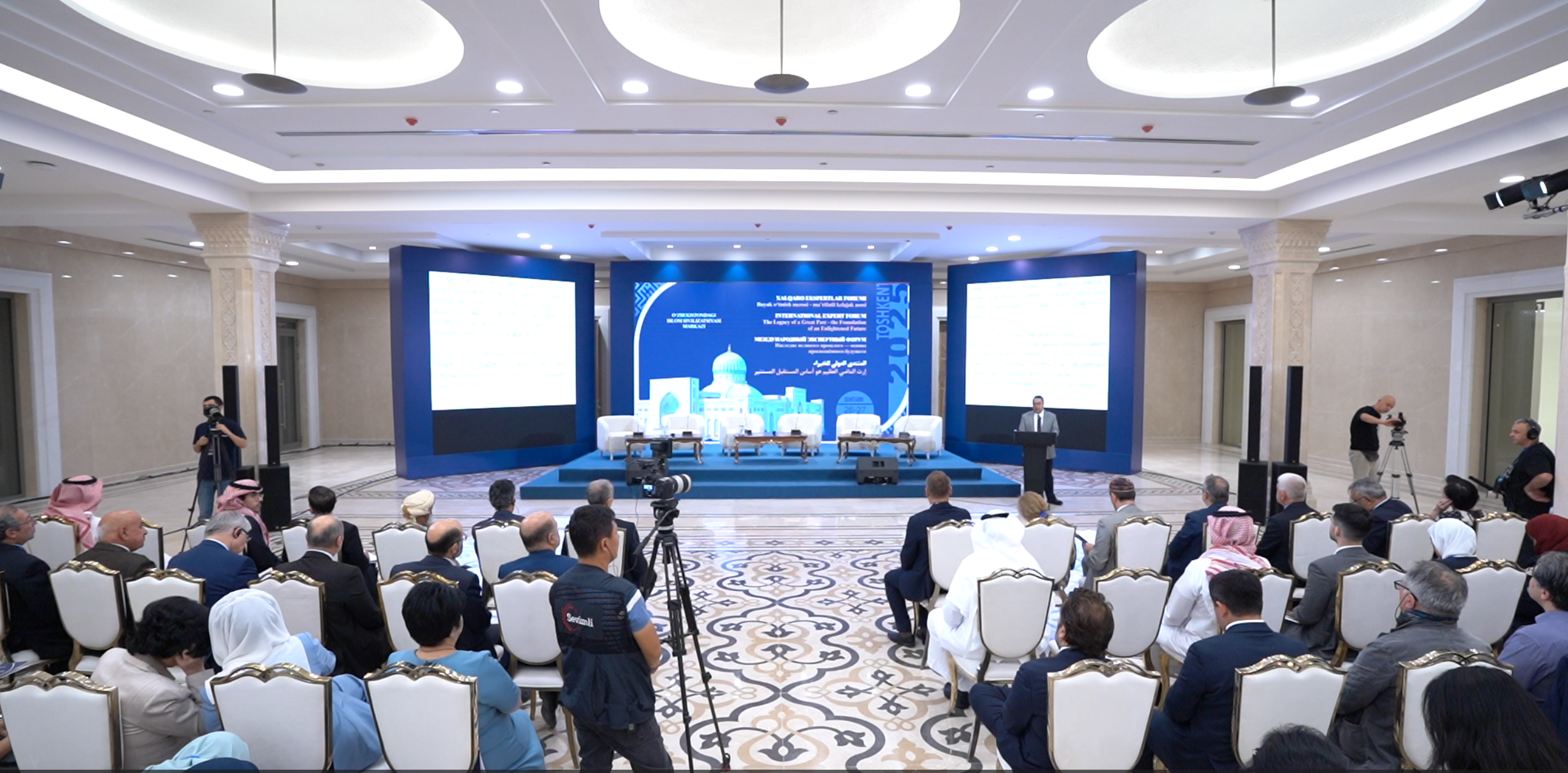The legacy of the poet who voiced the people’s pain
🔴 The word as a weapon against injustice – Muqimiy’s satire that exposed corrupt officials in the 19th century

Muhammad Aminkhoja Muqimiy was one of the most famous and socially engaged Uzbek poets of the second half of the 19th century, known for his critical and satirical style. Through his poetry, he exposed the corruption of officials, the suffering of the people, and the injustices caused by colonialism. His satires, such as “Tanobchilar” (“Land Measurers”) and “Saylov” (“Election”), became so popular that they were recited among the people like folk songs. Yet the poet himself lived in poverty, within the narrow walls of a madrasa cell. This life experience deepened the sincerity and populist spirit of his poetry.
Life path and creative environment
Born in Kokand in 1850, Muqimiy grew up in a humble family. Although he studied in Bukhara, financial difficulties and family troubles made his life challenging. These circumstances profoundly influenced his work, turning him into a voice of empathy for the people's pain.
The people’s spirit in his lyric poetry
Muqimiy’s legacy, consisting of more than 11,000 poetic lines, is a true mirror of the people's soul. His ghazals and mukhammas express themes of love, happiness, oppression, and a deep inner protest against injustice in a vivid and heartfelt way.
Satire – the word as a weapon against injustice
The poet’s satirical works openly revealed the bribery of officials and the suffering of the common people. In “Tanobchilar”, he exposed the torture inflicted on peasants under the pretext of land measurement. In “Saylov”, he wrote about the injustices of the colonial administrative system.
A new genre – Sayohatnoma
Muqimiy introduced the travelogue genre (sayohatnoma) into Uzbek literature. His poems describing his journeys from Kokand to Fergana, Isfara, and Shohimardon vividly captured natural scenery, the life of the people, and the realities of the time.

Muqimiy’s legacy at the Center for Islamic Civilization
The museum exposition of the Center for Islamic Civilization in Uzbekistan is reviving the poet’s authentic legacy through manuscript bayazes and facsimiles.
The madrasa cell museum in Kokand presents the atmosphere of the poet’s life and creative environment.
His heritage is widely promoted through the documentary film “So‘zki haq bo‘lsa” (“If the word is true”) and the feature film “Muqimiy”.
New publications and digital projects are expected to make his works more accessible to a wide readership.
The importance of textual scholarship
Muqimiy’s works were initially distributed in manuscript form and later subjected to various edits and changes. Today’s textual scholarship is working to restore his authentic words.
Durdona Rasulova
P/S: This article may be republished with a link to the official website of the Center.
Most read

Over 100 experts from more than 20 countries of the world are in Tashkent!

President of Serbia Aleksandar Vučić visited the Islamic Civilization Center in Uzbekistan

The Center for Islamic Civilization – a global platform leading towards enlightenment











